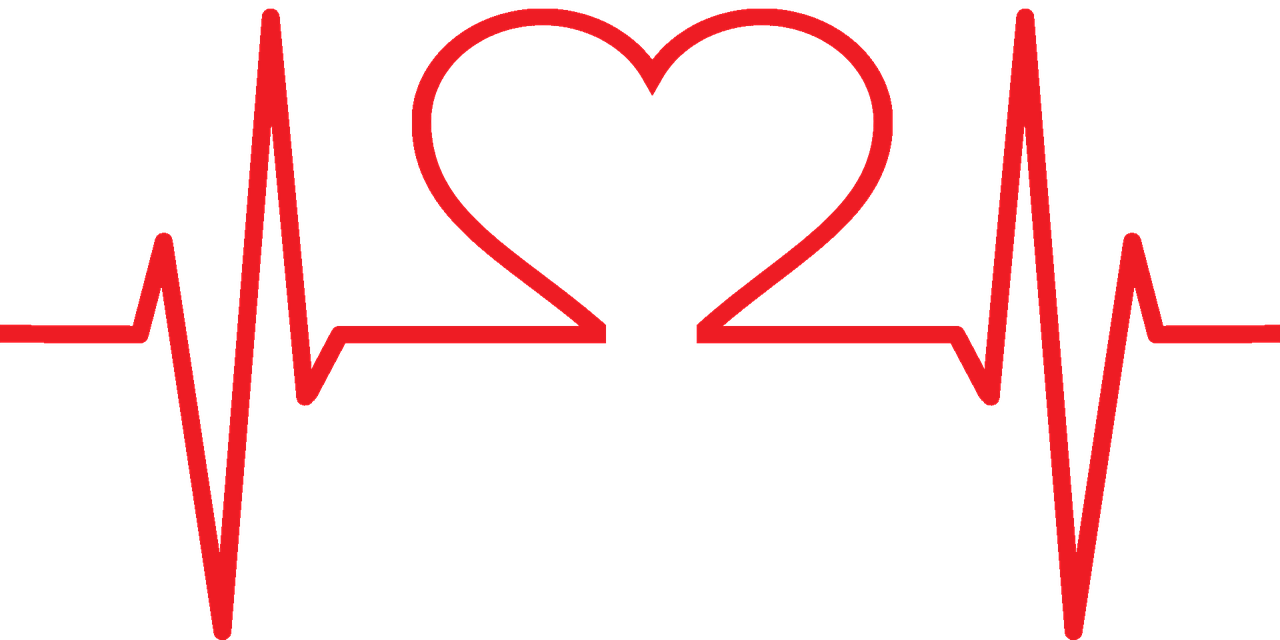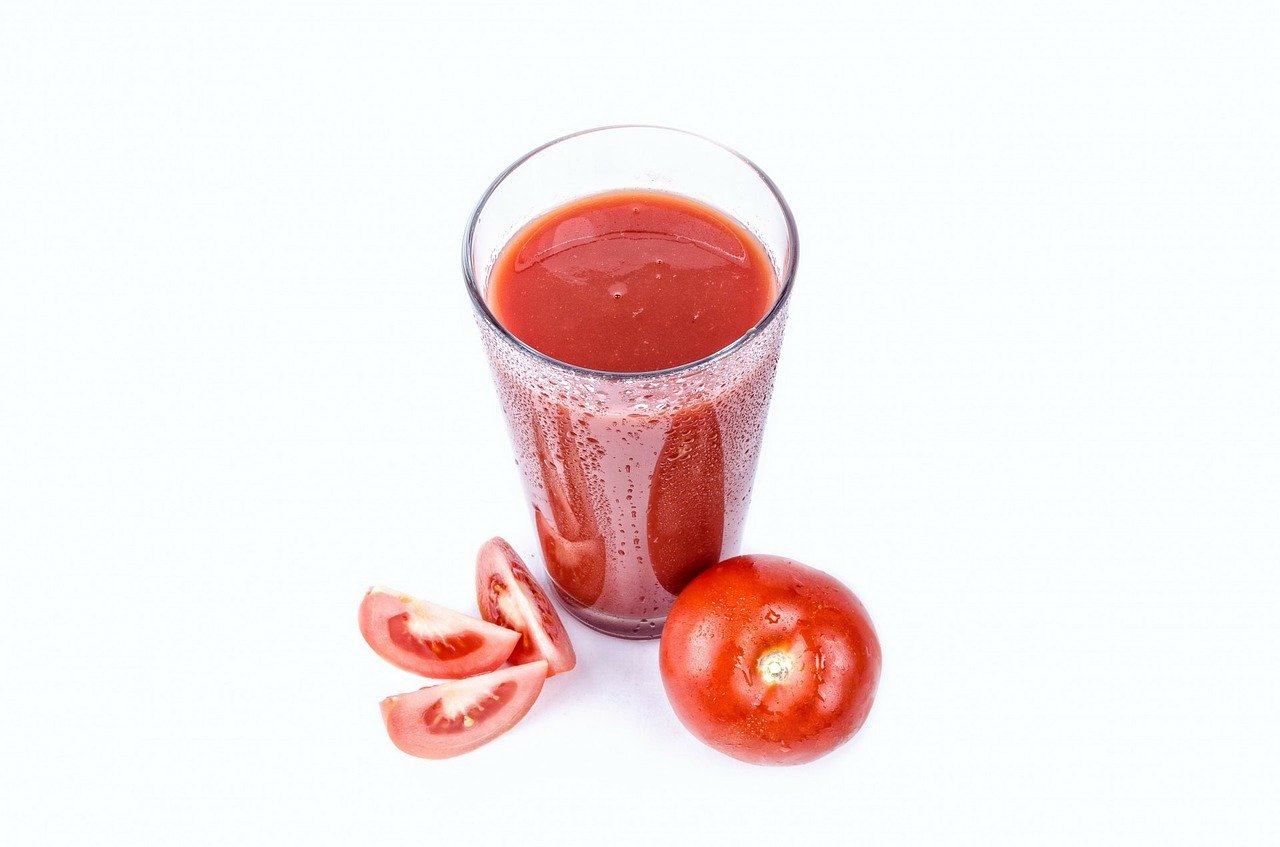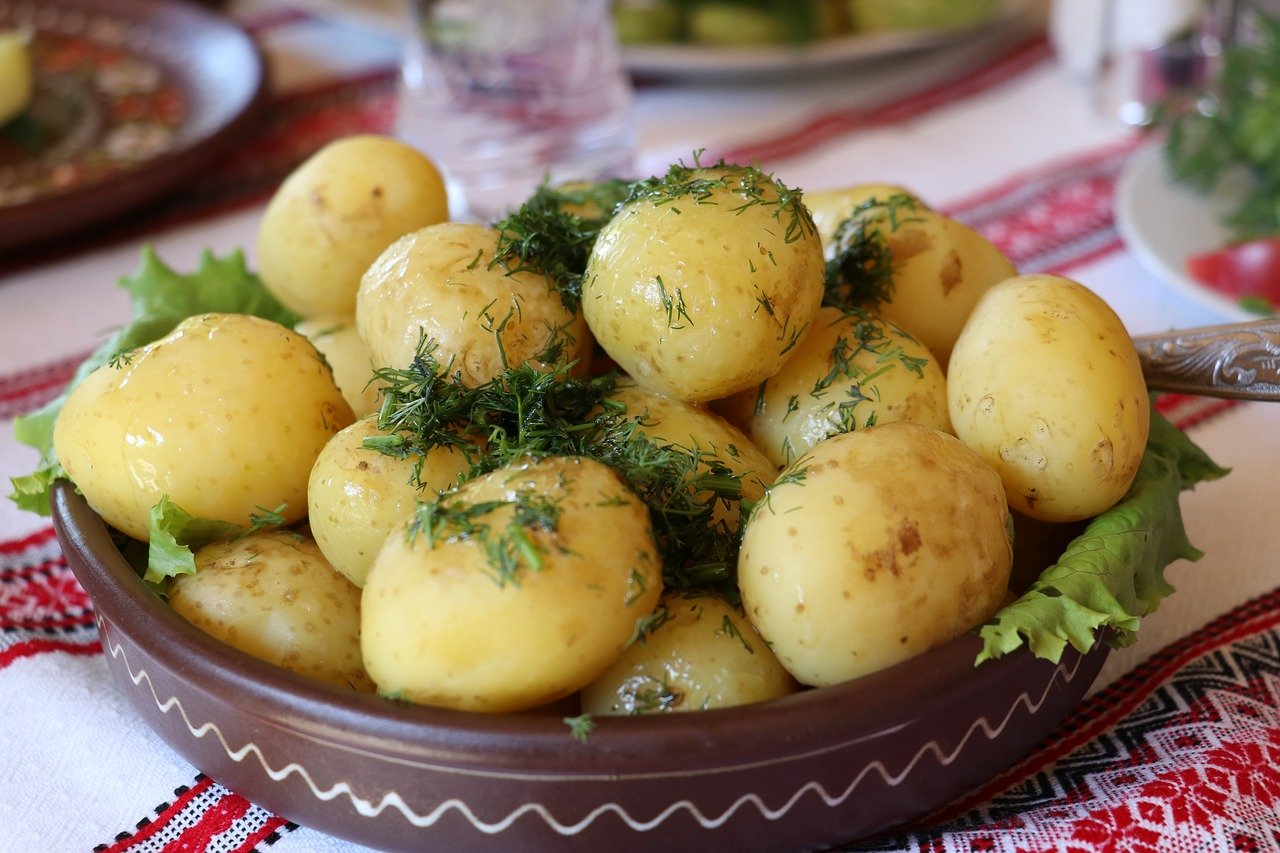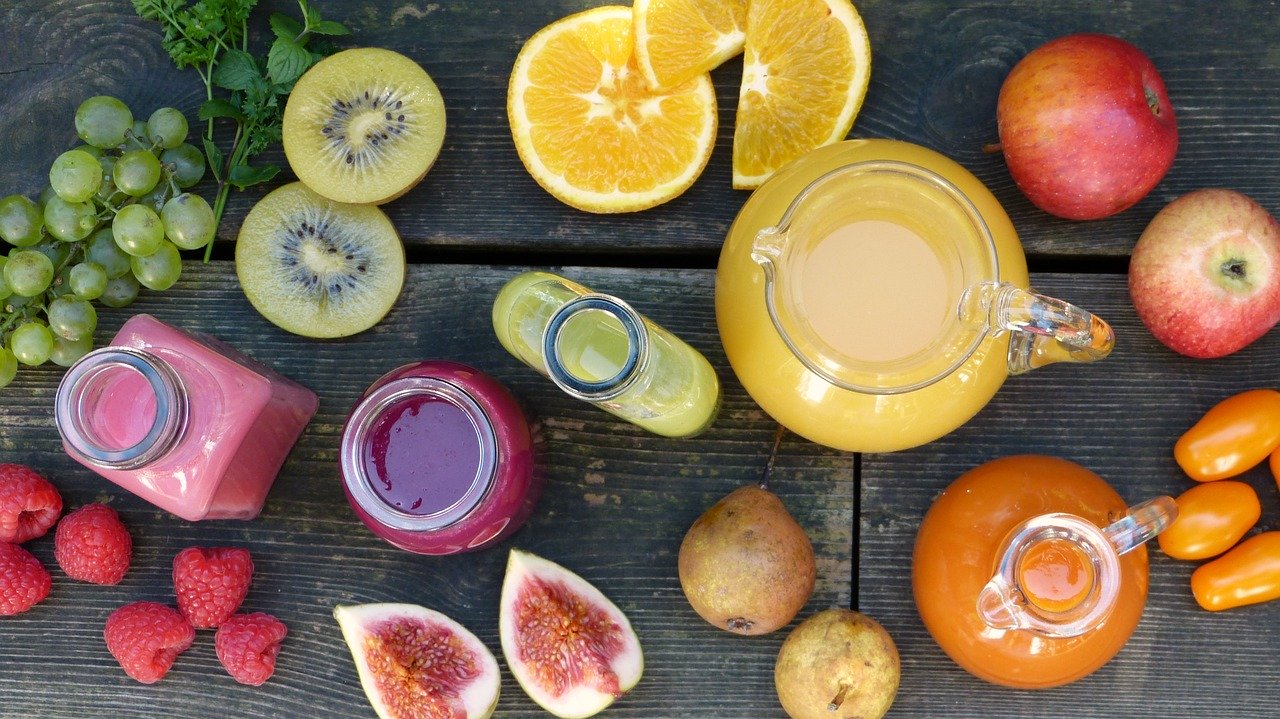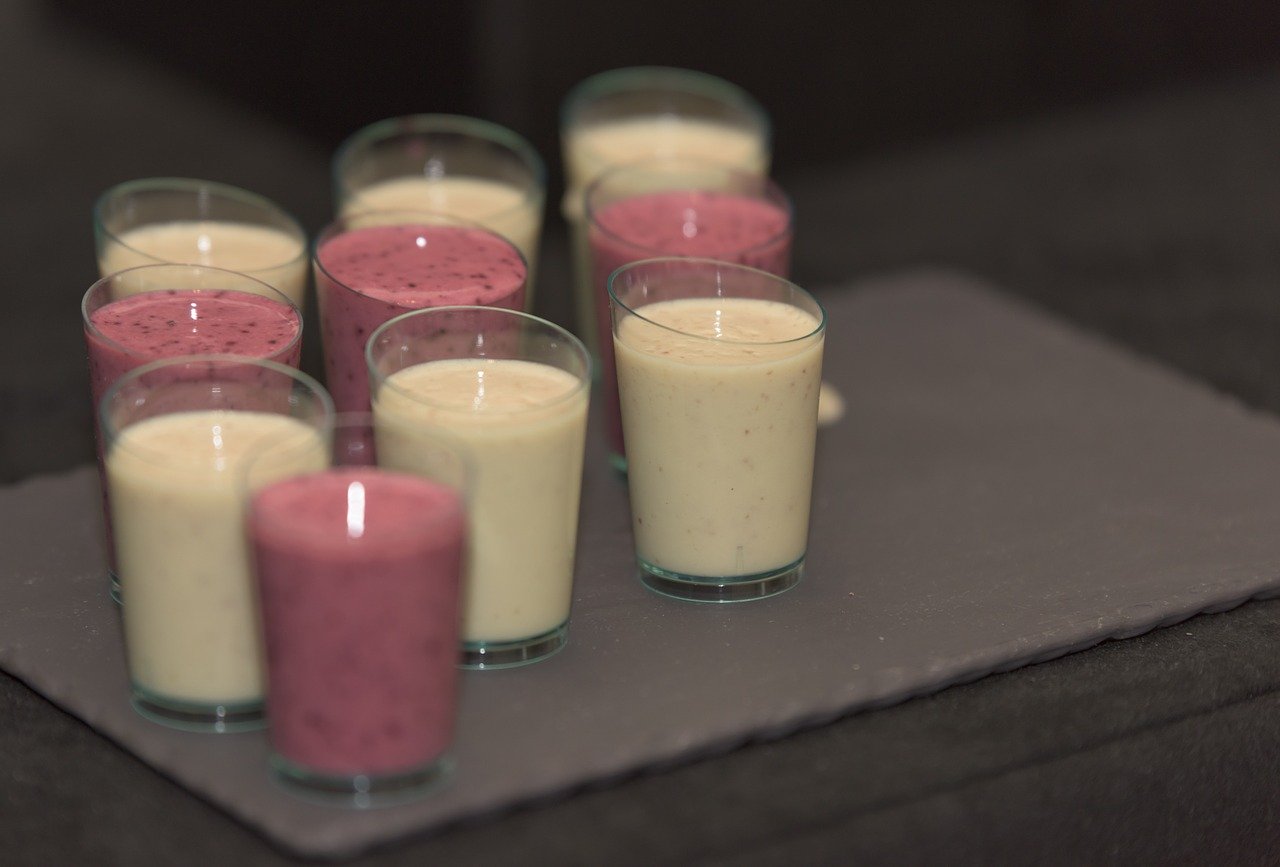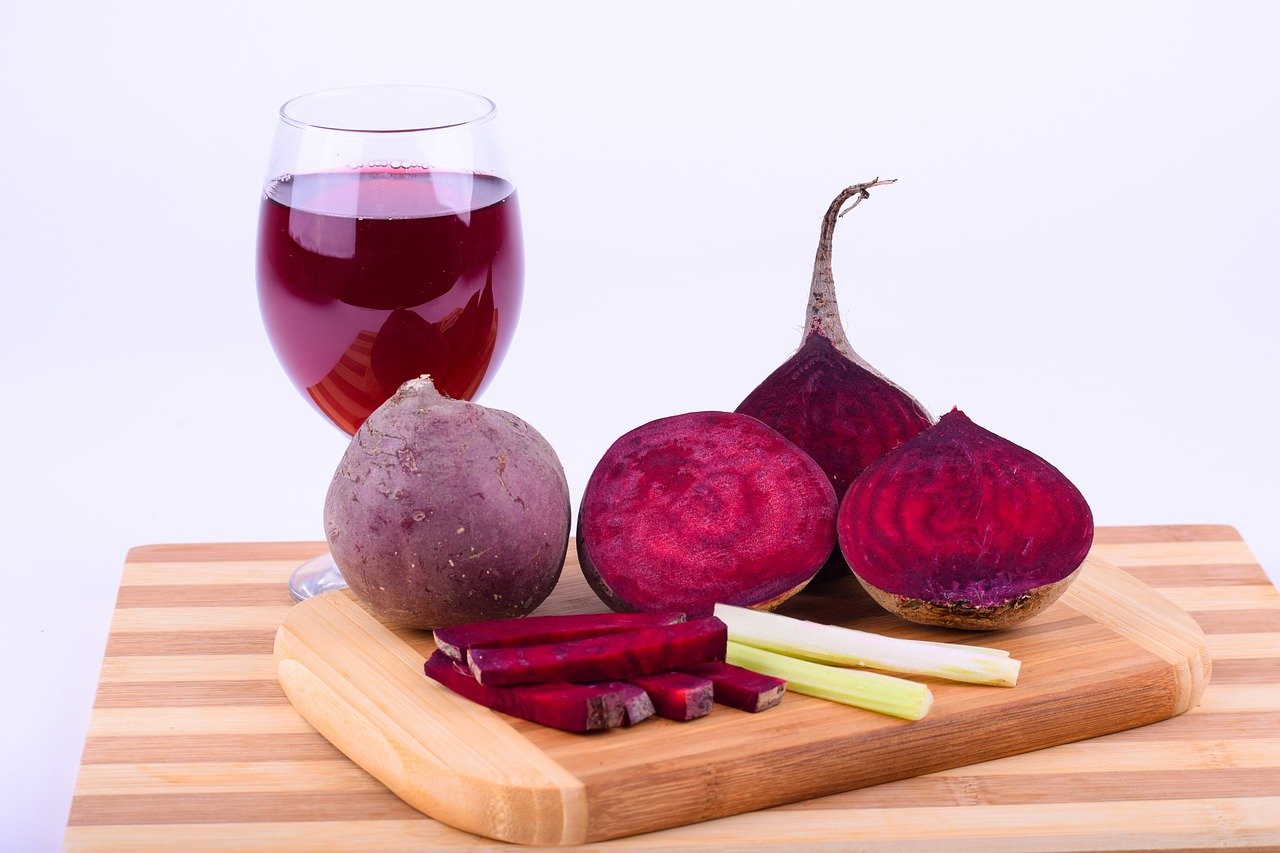In February 2020 researchers from the UK, Austria, Italy, USA, Spain, Brazil, France, Turkey and Canada published the results of their study to assess the association between consumption of chocolate … Read more
Grains, fish, nuts and vegetables appear to be beneficial for cardiovascular disease whereas processed meat and tinned fruit appear to be harmful
In September 2019 researchers from the UK and USA published their review of the medical and scientific literature to assess the cardiovascular health risks associated with individual dietary components. A … Read more
Although there are some health concerns concerning endurance exercise, it is generally regarded as safe
In April 2019 researchers from the USA published their review on whether endurance exercise is safe. The researchers stated that endurance exercise produces acute but not chronic increases in blood … Read more
Although pollutants the mother has been exposed to can pass into the breast milk, environmental studies have confirmed that the protective effects of breastfeeding still outweigh its potential health risk to the infant
On October 2019 researchers from Poland published their review of the medical scientific literature to assess the potential effects of air pollution on breast milk and whether breastfeeding can overcome … Read more
A 200-250ml glass of tomato juice either meets or exceeds the recommended daily intake of lycopene, 20% of the recommended daily intake of vitamin A, 12-15% of potassium and copper, and about 5% of magnesium, iron, manganese and phosphorus
In February 2018 researchers from the Russian Federation published the nutritional profile of tomato juice. Tomato juice is a significant source of antioxidants – carotenoids and vitamin E, as well … Read more
Air pollution appears to increase the risk of depression in elderly women
In March 2020 researchers from Germany and the USA published the results of their study to assess the association between air pollution exposure and a diagnosis and symptoms of depression … Read more
Aerobic and muscle-strengthening activities may be the most effective way of preserving muscle strength and muscle power in the elderly
In July 2018 researchers from the USA published the results of their study to assess the association between levels of physical activity and physical performance in elderly individuals. The researchers … Read more
Combined aerobic physical activity and resistance training may reduce the risk of depression with or without co-existing symptoms of anxiety
In September 2019 researchers from Australia published the results of their study to assess the association between meeting current recommendations for aerobic physical activity and/or resistance training, and symptoms of … Read more
The child has a higher level of brain activity during story telling than picture book reading
In December 2018 researchers from Japan published the results of their study to assess the effects of storytelling on the brains of children. It is known that storytelling provides many … Read more
A moderate consumption of caffeine appears to be related to a better cognitive outcome whereas an increased consumption of wine appears to be associated with cognitive decline
In October 2018 researchers from Switzerland and Sweden published the results of their study to assess the impact of coffee, wine and chocolate consumption on cognitive outcome in the elderly. … Read more
Individuals with no history of diabetes and the metabolic syndrome should think carefully about whether they should follow the keto diet over a long period of time, especially as the potential long-term consequences are not yet known
In November 2019 researchers from Canada published their review on the pros and cons of the keto diet. This article is different in that the two opposing sides of the … Read more
Potato consumption does not appear to be associated with changes in blood pressure among older adults or with the risk of hypertension in younger adults
In December 2017 researchers from the USA and Spain published the results of their study to assess the association between potato consumption, blood pressure changes, and the risk of hypertension. … Read more
A diet high in carbohydrates increases the risk of diabetes type 2, the metabolic syndrome and cardiovascular disease
In November 2018 researchers from India published their review of the evidence that links dietary carbohydrates to the incidence of diabetes type 2 and the metabolic syndrome together with their … Read more
Tart cherry juice appears to reduce C-reactive protein levels (an inflammatory biomarker) and LDL(bad)-cholesterol
In January 2019 researchers from the USA and China published the results of their study to assess the effect of tart cherry juice on blood biomarkers of inflammation and oxidative … Read more
Carbonated drinks and packaged fruit juices cause dental enamel erosion
In December 2018 researchers from India and Saudi Arabia published their study to assess the erosive potential of twenty beverages on teeth. A total of 8 carbonated drinks and 12 … Read more
The erosive potential of soy beverages on dental enamel appears to be lower than non-soy based beverages
In July 2019 researchers from Brazil and the USA published the results of their study to assess the erosive potential of soy-based beverages in comparison to fruit juices of the … Read more
A single dose of beetroot juice can lower systolic blood pressure, but the effects are comparatively short-lived and do not persist over the course of the same day
In February 2019 researchers from the UK published the results of their study to assess the effect of nitrate in beetroot juice on blood pressure levels. A total of 15 … Read more
All parents should be encouraged to talk more to their child during the first year of life to help with language development
In February 2020 researchers from Australia published the results of their study to assess the number of words children hear and the number of vocal sounds they produced in their … Read more
Physical activity during pregnancy and in the post-natal period appears to reduce the risk of post-natal depression
In September 2019 researchers from Poland published their review of the medical scientific literature to assess the relationship between physical activity during pregnancy, the puerperium (the 6 weeks after childbirth … Read more
Women meeting the physical activity recommendation of over 150 minutes of moderate-vigorous physical activity per week during pregnancy appear to have a lower risk of post-natal depression compared to women who are not active during pregnancy
In August 2018 researchers from Norway published the results of their study to assess whether physical activity during pregnancy had any effect on post-natal depression. A total of 643 pregnant … Read more


